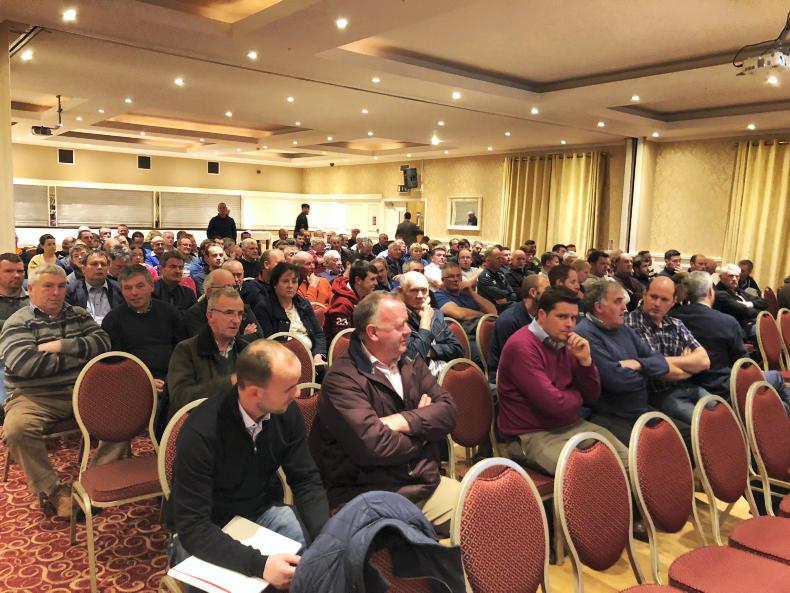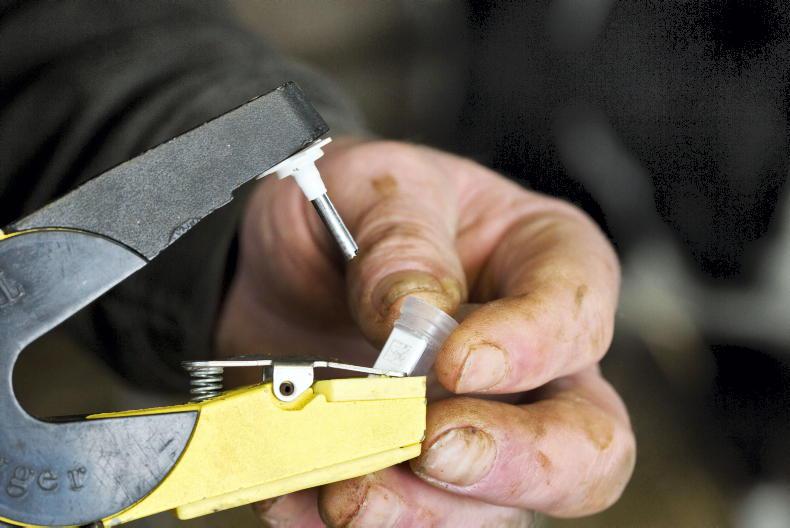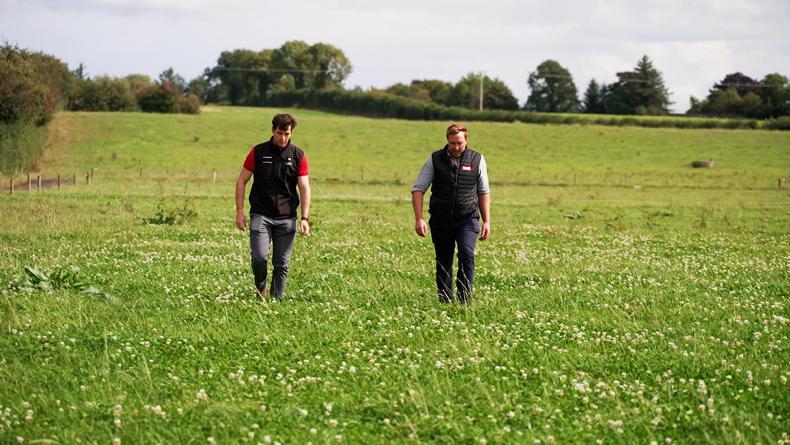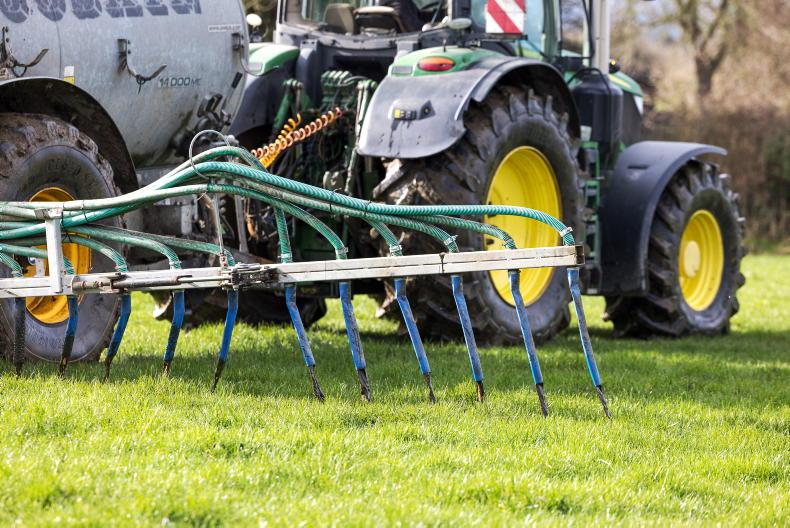"Look this isn’t for everybody."
That was one of the opening comments by Tom Coll at last nights meeting in Carrick-on-Shannon. The meeting attracted huge interest, with over 200 people packed in to hear dairy farmer Joe Dunphy, Sligo; local contract-rearer John O'Connell and Tom Coll go through their experiences of contract-rearing and how it can fit in with existing drystock systems.
"Teagasc is not saying to get rid of your suckler cows, but rather look at other options to supplement income on struggling drystock farms," Coll added.
The experience
Joe Dunphy, a dairy farmer from Easkey, Co Sligo, outlined his system of milking 285 cows and how contract-rearing works for their farm.
"Our farm gets very busy around breeding time in spring/summer and if we miss a heat it costs us up to €250/cow, so it makes sense to concentrate on breeding. Having our heifers away means I can concentrate on keeping the cows in good grass and getting them back in calf.
"We have a very good relationship built up with our contract-rearer now and there is a level of trust that we know the job will be done right," Dunphy added
Local contract-rearer John O'Connell told the meeting that when he had suckler cows he was struggling to get them out by the end of April some years, he can now get out his contract Jersey X heifers in March.
"It's like grazing a weanling without the 700kg cow coming after them."
O'Connell runs the contract heifers alongside his 240-ewe flock and feels that both systems work really well together.
"I was very apprehensive at first, looking after someone else's stock, but you get used to it and once both parties know each other and keep the lines of communication open, there shouldn’t be any problems."
John is part of a 16-member contract-rearing discussion group facilitated by Tom Coll, which meets on a regular basis.
Questions and answers
There where some questions around the costs and that drystock farmers would need a higher rate to graze the heifers. Coll answered that it was up to each individual to work out what they need to rear the heifers. Typical payment rates are in the region of €1.30-€1.40/day, depending on the type of agreement. There are rearers in the south doing it for as little at €1.05/day and that is leaving it difficult for us to push higher.
Local Department of Agriculture representative Pat Garvey went through the animal health implications of going down the route, with TB being the biggest concern.
"Contingency plans must be put in place in the event of a TB outbreak," Garvey said. Both parties need to sit down and talk about what happens in this case.









SHARING OPTIONS